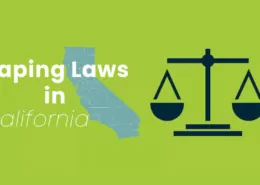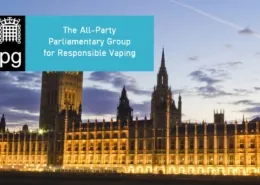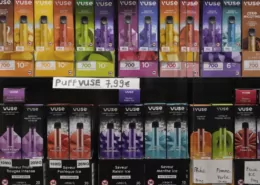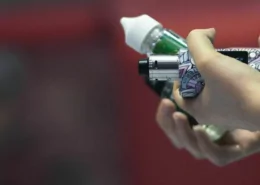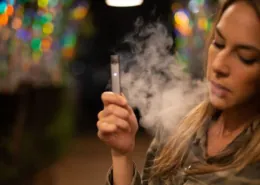Philippines Announces New Permits Required for Vaping Manufacturing and Imports
The Philippines Bureau of Internal Revenue (BIR) has announced it will begin requiring manufacturers and importers of vaping products and materials to obtain regulatory permits. This new requirement aims to impose stricter oversight and order on the rapidly growing vaping industry in the country.
The BIR said it will mandate that all importers of raw materials used for manufacturing vaping e-liquids and devices first obtain authority to release imported goods. This means securing a special clearance permit from the BIR before being allowed to release shipments of vape-related imported materials.
Likewise, the BIR will also require all manufacturers of vaping products based in the Philippines to acquire a permit to operate their manufacturing facilities. This will provide the government regulatory supervision over the production side of the surging Filipino vaping sector.
According to BIR Commissioner Romeo Lumagui Jr., these new permit requirements are intended to address the proliferation of small manufacturing operations and new companies getting into the vaping business. Lumagui described vape production in the country as currently being a “backyard industry” with minimal oversight.
The new import and manufacturing permits will apply to key raw materials used for producing vaping e-liquids and devices. On the e-liquid side, this includes common ingredients like propylene glycol, vegetable glycerin, artificial flavors, sweeteners and nicotine. Any importers bringing these materials into the Philippines will need clearance papers from the BIR first.
For vaping devices and hardware, the permits will apply to parts like mechanical or electric heating elements, circuits, cartridges, reservoirs, pods, tanks, mods and mouthpieces. These components imported to the country will also be held until granted release by the BIR.
According to Lumagui, the special permit requirements are part of the Bureau’s wider efforts to address shortfalls from tobacco excise tax revenues. He cited illegal tobacco trade as a major factor behind falling short of tax targets. The BIR chief expressed optimism the new vaping import and manufacturing regulations would help cut excise tax gaps by at least half over the course of this year.
Public health groups have urged careful oversight of vaping to ensure consumer safety and product quality standards. However, they also caution against excessive barriers that protect combustible cigarettes from competition by lower-risk alternatives like vaping. Striking the right balance remains an evolving challenge as vaping rapidly transforms from a niche to mainstream industry worldwide.
The Philippines BIR stressed these new permits create an orderly process for regulating and monitoring the fast-changing vaping landscape. But manufacturers and advocates worry it could enable excessive bureaucracy that stifles innovation and consumer access. Ongoing dialogue and moderation will likely be required to refine vaping oversight approaches for the maximum public health benefit.


